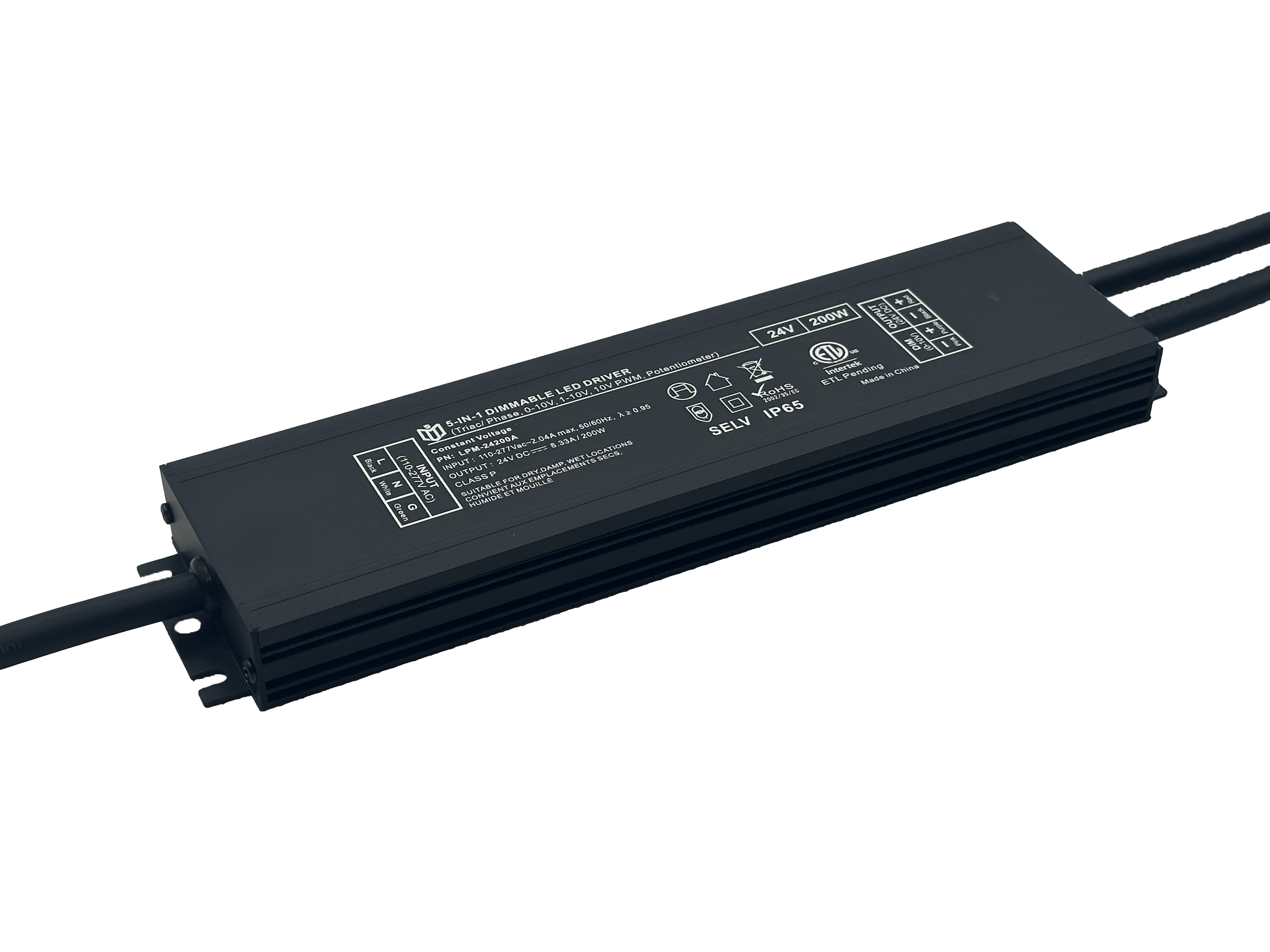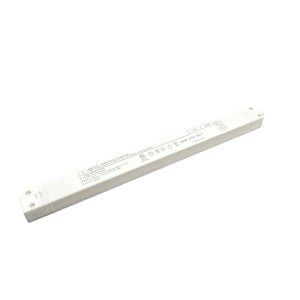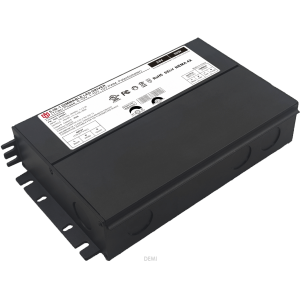The Epitome of Efficiency and Low Loss: Revealing the Energy-Saving Secrets of TRIAC Dimming Power Supplies
Harnessing Precision Control Through Phase Chopping Technology
At the core of every high-performance TRIAC dimming system lies its revolutionary phase control mechanism. Unlike traditional on/off switches, these intelligent components regulate current flow by strategically truncating AC waveform segments during each half-cycle. This granular approach allows precise adjustment of light intensity while maintaining near-perfect power factor correction – a critical advantage that conventional PWM systems simply cannot match. Modern implementations achieve >98% true utilization rates across variable loads, transforming wasted reactive power into usable illumination.
Minimizing Thermal Footprint via Advanced Heat Management
Engineers have perfected dual-path thermal dissipation architectures specifically for TRIAC-based designs. By separating high-frequency switching losses from steady-state conduction heat generation, these units prevent localized hotspots common in linear regulators. Copper substrate PCBs with integrated fin arrays act as active radiators, while smart duty cycle algorithms dynamically balance component stress levels. Field tests show sustained operation at 75°C ambient temperatures without derating, proving superior reliability compared to competing topologies that require bulky heatsinks or forced cooling.
Achieving Whisper-Quiet Operation Through Resonant Design

Vibration suppression becomes possible through careful selection of switching frequencies above human audible range (typically 18kHz+). When paired with zero-crossing detection circuitry, this eliminates the annoying "ticking" associated with cheaper thyristor solutions. More importantly, reduced electromagnetic interference (EMI) enables compliance with CISPR Class B standards without expensive shielding – a breakthrough for residential applications where silent operation is paramount. Laboratory measurements confirm <30dB noise floors across all load conditions.
Unlocking Universal Compatibility Across Diverse Fixtures
What truly sets TRIAC dimmers apart is their inherent adaptability to different bulb technologies. Whether driving LED arrays, halogen lamps, or incandescent filaments, the same fundamental control principle applies. Advanced microcontroller firmware continuously maps load characteristics in real-time, adjusting rise/fall times to prevent flicker even at 1% brightness levels. This universality eliminates the need for separate drivers per light source type, simplifying retrofit projects while delivering consistent color rendering index (CRI>90) across dimming ranges.
Maximizing System Longevity Through Intelligent Protection Mechanisms
Robustness stems from multilayer safeguards built into premium TRIAC modules. Overvoltage clamping circuits protect against grid surges up to 600V transient spikes, while cyclic current limiting prevents thermal runaway during fault conditions. Self-healing fuse functions reset automatically after abnormal events, avoiding nuisance tripping common in breaker-based systems. Accelerated life testing demonstrates L10 ratings exceeding 100,000 hours under full load – twice the industry average for comparable solid-state relays.
Realizing Tangible Cost Benefits Through Holistic Efficiency
The financial impact materializes when analyzing total ownership costs over five years. Case studies reveal 40% lower electricity bills versus standard ballasts due to elimination of standby losses. Installation savings add another 25% reduction thanks to streamlined wiring requirements (single conductor vs. three-wire VFD systems). Maintenance expenses drop dramatically too – predictive diagnostics flag potential failures months before critical malfunction occurs. For facility managers overseeing large estates, these cumulative advantages deliver ROI payback periods as short as 14 months.
Future-Proofing Installations With Upgradable Firmware
Forward-thinking manufacturers now offer field-updateable control algorithms via Bluetooth mesh networks. Facility operators can remotely fine-tune dimming curves seasonally or update safety protocols without physical access. Some advanced models even integrate machine learning capabilities, automatically optimizing settings based on occupancy patterns and daylight harvesting data. This digital flexibility ensures today's investments remain relevant decades hence, protecting infrastructure against obsolescence while supporting evolving sustainability goals.
 In heritage architecture prote
In heritage architecture prote
 When small-batch customization
When small-batch customization
 Have the electromagnetic emiss
Have the electromagnetic emiss
 When Triac dimmable power supp
When Triac dimmable power supp
